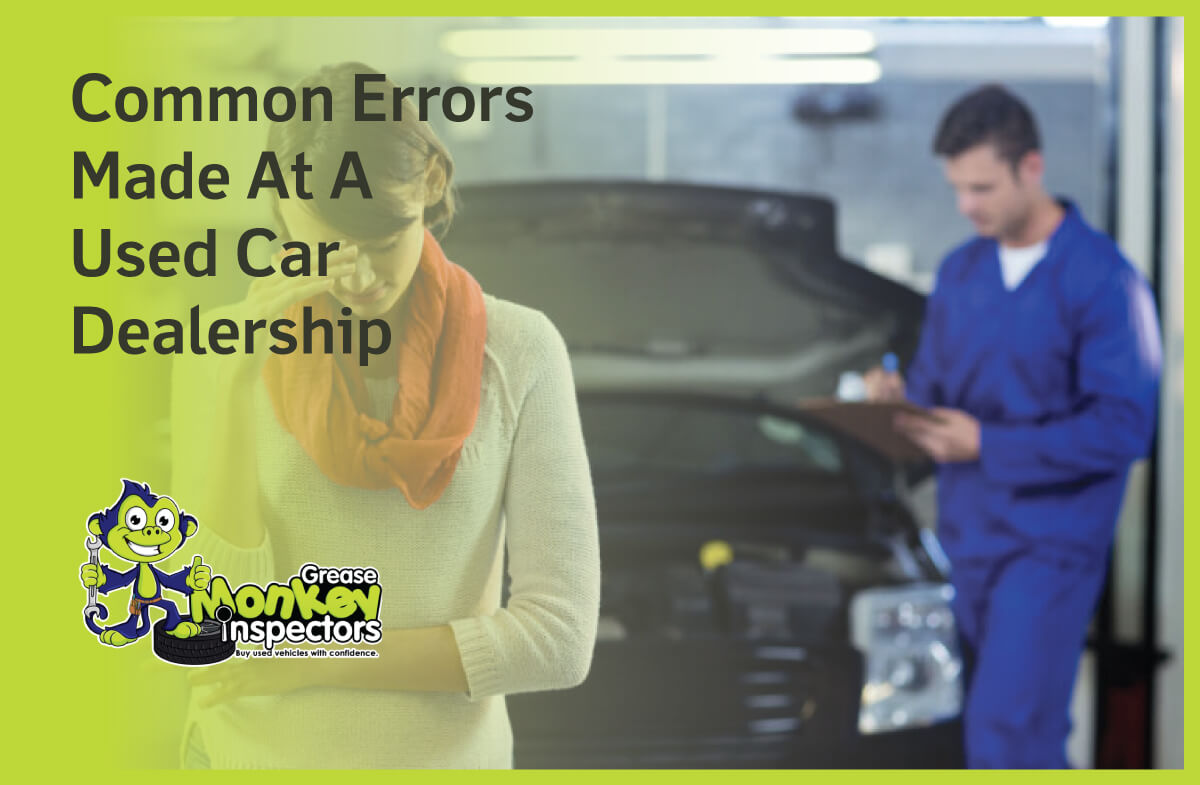Buying a used car in excellent condition and at a competitive price can be a disastrous experience if you’re not financially and mentally prepared.
On the other hand, going to a car dealership and making a purchase rank high on the anxiety. If so, it’s not so scary.
We want to make sure you get a quality car at a fair price. However, many people make mistakes when buying a used car. To help you avoid these common pitfalls, we’ve put together a handy list of used car buying tips.
BUYING THE WRONG CAR FOR YOUR NEEDS
Another common mistake when buying a used car is buying a car that doesn’t fit your needs. Buying a car is not like looking for new shoes or a new smartphone. Before you start searching for used cars, you should first calculate exactly how much you need to buy a car and create a target list of used cars based on your income, expenses, and other liabilities. Think about what is important to you in the car.
SKIPPING THE TEST DRIVE
With all the shiny used options in the dealer lot, it’s easy to look at a vehicle and think it’s right for you. However, you can see if it’s a good choice by trying the car’s pace.
A test drive is an important part of the buying process as it allows you to determine if the car will meet your needs and whether you can trust it. You can also find out how the car drives, how it handles and whether it is comfortable.
Visit multiple dealers to get a real basis for comparison. Skipping this step could end up buying a car that doesn’t fit your lifestyle.
NOT RUNNING A VEHICLE HISTORY REPORT
A vehicle history report is simply a report that contains information about the previous owners of the vehicle. These reports can be obtain online from CARFAX, VinAudit platforms. Also, we recommend you to get it inspected from a certified technician to know the current status
Whether you are buying from a licensed used car dealer or from an individual, getting a vehicle history report is an important step when buying a used car. The Vehicle History Report allows you to view the history of your vehicle. A, Contains detailed information. B, Where did the vehicle come from, has it been stolen, been involved in an accident, or have outstanding funds. This report also provides insight into vehicle maintenance history, mileage, and many other attributes.
IGNORING A CAR’S SAFETY FEATURES
If you really like the car you’re considering, you may be tempted to overlook the bigger issues by thinking it’s an easy fix or thinking you’ll fix it later. You need to check if your vehicle has airbags and seat belts.
It’s also important to make sure your used car has a reversing camera and blind spot monitoring that warns you if something is in your blind spot.
You should have your mechanic estimate the cost and use it as a bargaining tool. Not doing so will only cause bigger problems.
SKIPPING AN INSPECTION
Suppose you find the perfect car and an even better deal. Once you’re happy with the outside, check the inside to see if everything is to your liking. Test the car functions and controls to see if they work properly. Check if gadgets are working properly. Check your odometer. We also recommend requesting a service record and having a technician make sure the engine is clean and well maintained. It’s also important to know how to find a good mechanic and what to look for when inspecting a used car. If you have enough experience, you know what problems can occur depending on the year and type of car. You can also determine if something needs to be fixed immediately or if you can wait until after the purchase to fix it. Greasemonkey Inspectors is your trusted partner in hassle free vehicle purchases. Book a technician today to get an inspection onsite.

